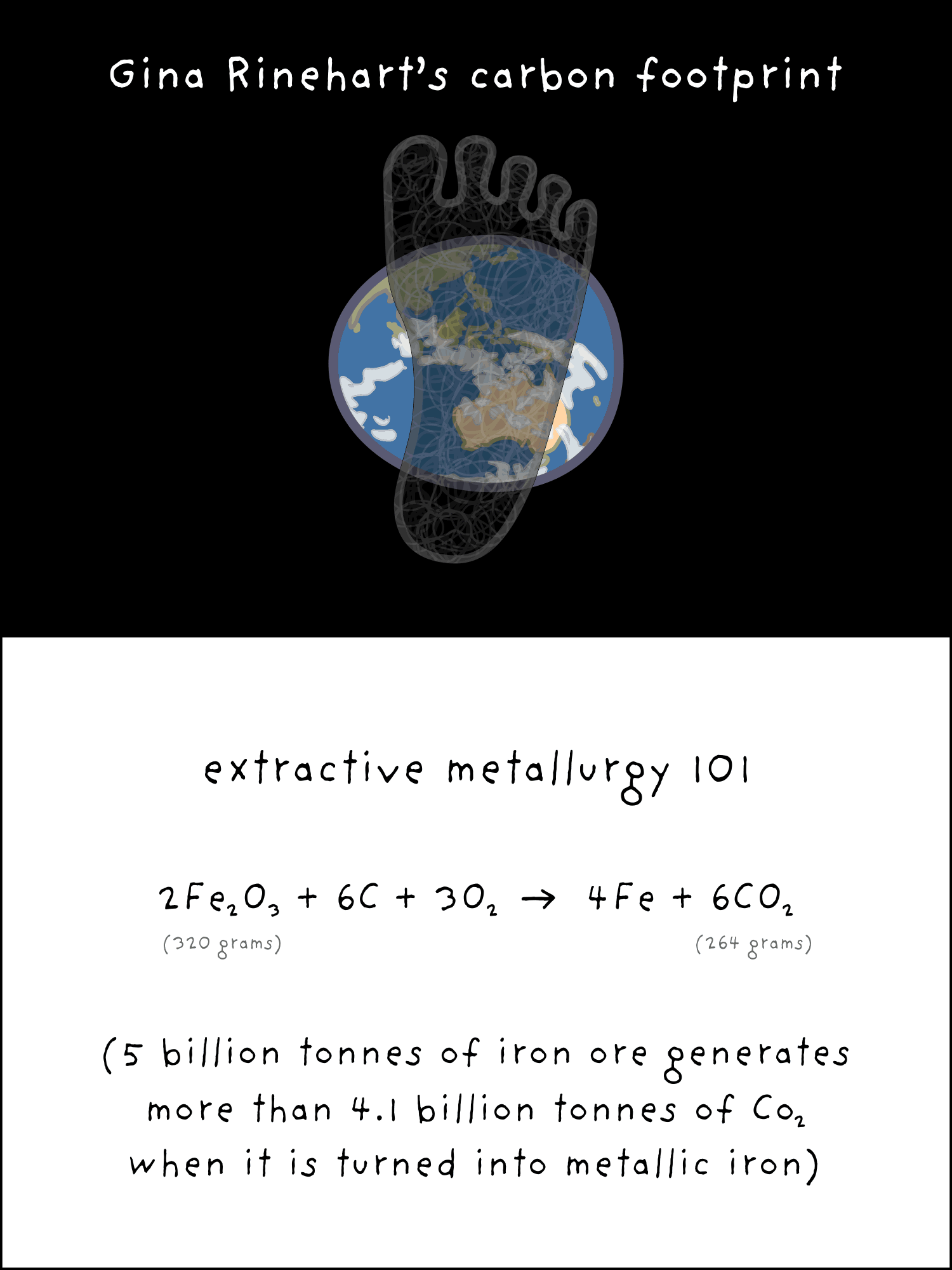Knowing what I know about materials, their effect on ecology and people’s obsession with consumerism, I give humanity a score of about, oooh, 2.9. (and that’s me trying *very* hard to be generous and optimistic)
And you can subtract 0.1 from that number for every decade after that.
The trouble I see is that people are becoming more and more disconnected from what they buy. They don’t see the impact that it is having on other parts of the world. They don’t see any direct or local impacts, so some people even think “everything is rosy”.
On top of that, product life cycles are getting shorter and shorter and shorter, which is bad. We should be reward companies that sell timeless designs. Because there is less of an environmental footprint if you manufacture the same thing without any changes. Every time a part changes shape, moulds also have to change, that is not good for the environment. And the manufacturing phase of synthetic products contributes more to pollution than their end-of-life disposal.
90% of people refuse to even talk about it, like the problems will all magically “go away”. Cat videos get more likes on social media than most current environmental issues. And I find that to be quite saddening.
I don’t even think climate change or overpopulation is the biggest threat. It’s probably land clearing. We’re not even giving nature the chance to recover! If urbanisation continues, there just won’t be anywhere for other species to go! And it has been said that if insects disappear, we will soon follow. I think a greater threat to humanity is a mass extinction.
People should try to realise that if you put a great big hermetically-sealed dome right over the top of Manhatten, for example, it probably wouldn’t even work, because central park does not produce enough oxygen, and there is not enough space to grow food and get other material resources…
Probably the worst thing of all is the collusion between government, politics and business. The wrong people are being the most rewarded.
It’s not even 2100 that people should even worry about. It’s the centuries that follow that. With the current rate of deforestation, it’s not going to be a very fun world to live in…
Do keep in mind, I give [some] other species a much higher score than us, many an 8, 9 or even 9.9999 for some. But unfortunately, many many others (mammals and amphibians) will be, like, 0.1, 0.2 or 0.3. That’s really how bad it is. There are species out there with only a dozen specimens in existence.


